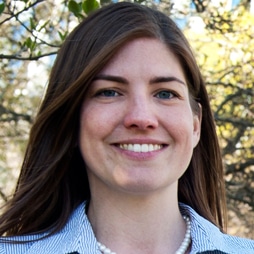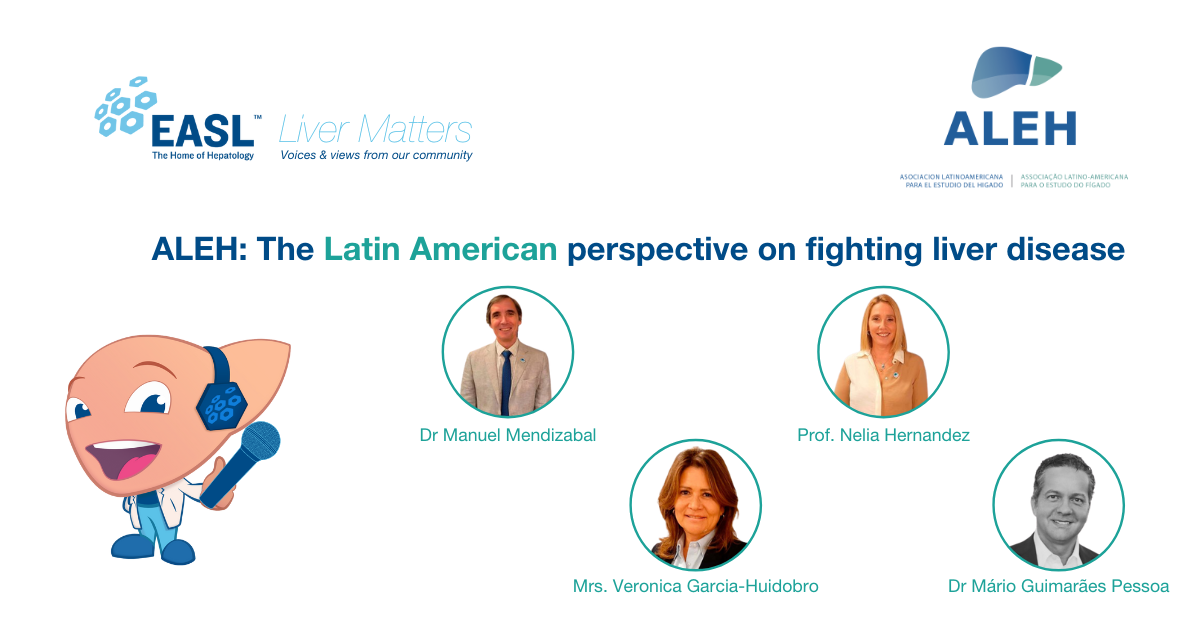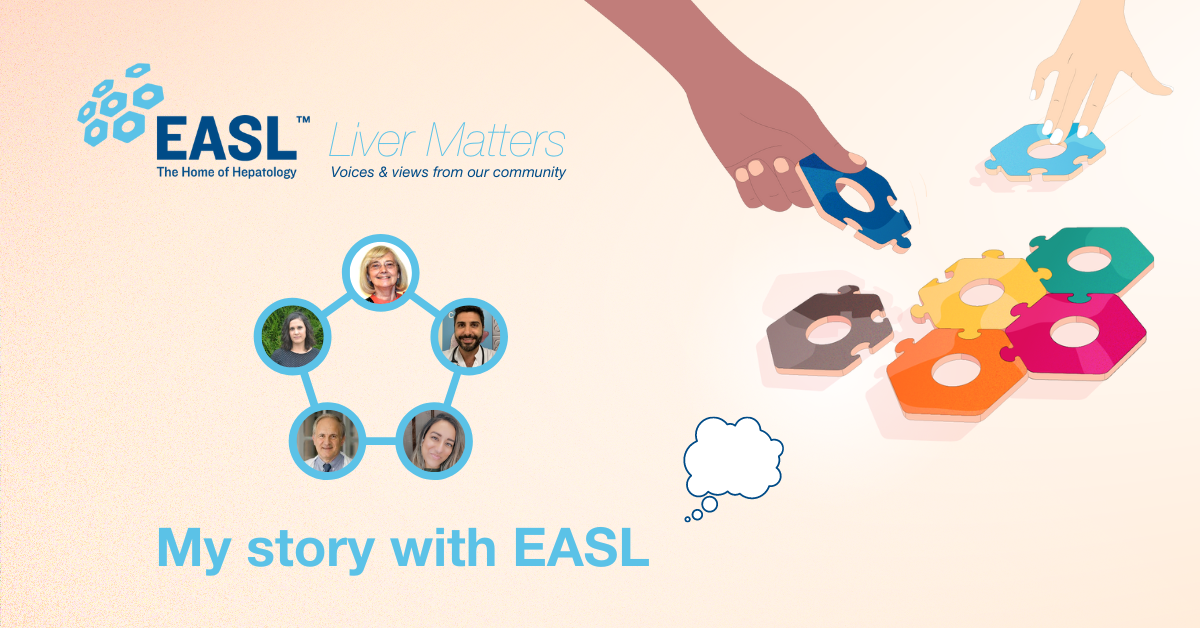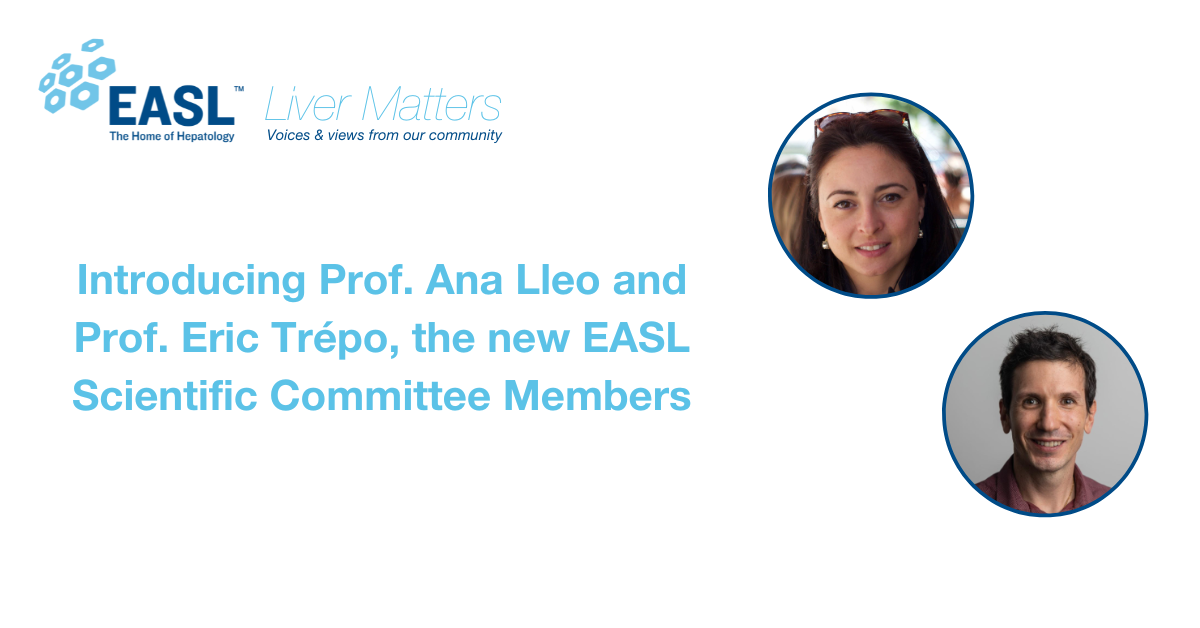
In this video, we interview Dr. Emma R. Andersson, Principle Investigator at the Karolinska Institutet, in Solna, Sweden, about COVID-19 and research, to hear her views on the challenges researchers are facing, as the pandemic evolves.
The COVID-19 pandemic has created a more uncertain new landscape for all. This includes for researchers, who have largely moved from bench to home office, and for whom social media is becoming even more important – for seeking, sharing, announcing, and re-evaluating research. How can the research community use the crisis of a pandemic responsibly to foster progress, including new ways of collaborating?
Watch the VIDEO and read the interview below.
Questions discussed
-
- How do you see research and the quality of it being affected by the COVID pandemic, immediately and in the longer term?
- What role can social media play for researchers in the current crisis?
- What kind of collaboration are you experiencing in your country among the medical workforce and research community?
- Relating to the public control measures being implemented in your country, how do you think the pandemic will evolve?
- When the pandemic slows down, what kind of longstanding issues in society or in health systems might have been exposed and will need to be resolved?
Read the full interview below
How do you see research and the quality of it being affected by the COVID pandemic, immediately and in the longer term?
In the short term, practical experiments have been slowed down or halted, which of course impacts on the progress of projects. On the other hand, my lab members have transitioned to working from home writing manuscripts, reading, and planning their next experiments meticulously. Being forced away from the bench has been good for the intellectual development of the projects.
In the longer term, I hope that the public’s and politician’s recognition that science can contribute to solutions translates into better working conditions with more stable career systems and funding schemes for scientists across disciplines.
Genetics revealed the sequence of the virus, allowing an understanding of its phylogeny and how it appeared in humans, cell culture experiments identified the receptor Ace2 as the viral entry point, structural biology revealed how the viral spike protein interacts with Ace2 which could lead to inhibitors, and drug screens have identified existing drugs that block infection. Genomics has further been used to follow the exact spread of virus in society by following virus mutations, allowing an unprecedented understanding of community transmission. Meanwhile public health and epidemiology are aiming to understand the spread and consequences for society and how to best balance short-term health gains versus long-term health gains.
I think this crisis emphasises the importance of the entire spectrum of disciplines within life sciences to address medical problems, and I hope that this will translate into increased willingness to support fundamental, translational, and clinical research with the long-term goal of improving human health.
What role can social media play for researchers in the current crisis?
I think this question should actually be flipped on its head: what responsibility do researchers have to use social media in the current crisis?
I think researchers can and should contribute to the discussion in social media, where they can do so in a well-informed manner, based on facts and best practice, to support the public in their quest for knowledge and understanding.
We also need to be humble and honest about what we know, and most importantly what we do not know. We must correct errors transparently and openly and re-evaluate our stance frequently when new data becomes available. And I think we should be able to discuss openly, respectfully, and forgivingly. We all want the same thing – to save lives and protect human health.
What kind of collaboration are you experiencing in your country among the medical workforce and research community?
This aspect of the pandemic has been truly inspiring. Multiple labs at different universities in Sweden are contributing to the efforts by developing new viral assays, testing community spread and immunity with qPCR or antibody testing, assessing the presence of virus in sewage water as a proxy for presence in the community, donating disinfectants or chemicals to make disinfectants, or donating stocks of personal protective equipment from the laboratories to the hospitals.
Furthermore, in an effort to protect the medical workforce and slow the spread of the pandemic, researchers have taken the advice of the Swedish Public Health Authority and reorganised their work to achieve social distancing. For example, some labs have moved all work to working from home, others have established rotating schedules with only a few lab members in the lab at a time, not occupying the same space, and efforts have been made to ensure that lab members can reach the lab without compromising social distancing.
Relating to the public control measures being implemented in your country, how do you think the pandemic will evolve?
Sweden has implemented a series of recommendations rather than laws to regulate our behaviour. This reflects the principle of “Freedom with responsibility”. The Swedish population takes recommendations seriously, and as an example the vaccination programme for children in Sweden is recommended, but voluntary, yet compliance is over 97%. My lab has largely shifted to working from home and has implemented a booking system in the lab to allow some essential experiments to continue, while maintaining social distancing.
I think it is too soon to have an opinion on how the pandemic will evolve. This is a complex issue, in which health effects now (saving lives from COVID-19) have to be weighed against collateral damage.
Collateral damage includes:
- reduced mobility and poorer physical health of the entire population
- compromised mental health due to long isolation
- delayed screening or treatments may impact on other patients and
- reduced state finances, due to bankruptcy and unemployment, which are necessary to fund public health efforts. To name just a few.
When the pandemic slows down, what kind of longstanding issues in society or in health systems might have been exposed and will need to be resolved?
When we have time to analyse our response, I think it will be clear that universal healthcare is a benefit to everyone – rich and poor alike. We will need to consider how the care of the elderly is organised, in order to protect them better. We will need to consider what types of medicines, protective equipment, or life-saving apparatus we need to manufacture locally or have in storage. We will need to re-evaluate which risks we see as realistic.
We cannot be prepared for everything, but we should be poised for the unexpected and develop mechanisms to recognise dangers as they approach, not when they are already upon us.
Disclaimer: As the COVID-19 pandemic unfolds, treatment strategies are being developed and adjusted accordingly. EASL Viewpoints serve as snapshot interviews from the frontline and are intended to reflect the experiences at the time of the interview only.





Comments (0)